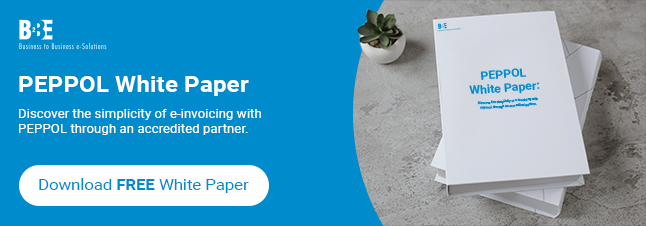E-Invoicing is becoming a global standard, with many countries making it mandatory for businesses to adopt electronic invoicing processes. Whether you’re already required to comply or anticipating upcoming regulations, understanding the e-invoicing landscape is crucial to keeping your business operations smooth and compliant.
Why Are Governments Making E-Invoicing Mandatory?
Governments worldwide are adopting mandatory e-invoicing to improve tax compliance, reduce fraud, and increase efficiency. By standardising how invoices are issued and processed, authorities can track transactions in real-time, therefore improving transparency across supply chains.
For businesses, compulsory e-invoicing reduces manual paperwork, speeds up payments, and ensures invoices meet legal requirements. However, staying ahead of evolving regulations can be challenging without the right systems in place.
Watch our video round-up below:
What If E-Invoicing Isn’t Yet Mandatory?
Even if e-invoicing isn’t currently required in your region, it may be on the horizon. Many governments are rolling out phased approaches to implementation, starting with large enterprises before extending to small and medium businesses. Preparing early can help you avoid last-minute compliance issues and position your business for greater efficiency.
Signs that your region may soon enforce e-invoicing include:
- Government initiatives promoting digital tax reporting
- Adoption of frameworks like the PEPPOL network
- Increasing cross-border trade requiring standardised invoices
How to Stay Compliant and Prepared
Whether e-invoicing is already mandatory or expected soon, having the right technology is key. E-invoicing platforms ensure your invoices meet local regulatory standards while streamlining your accounts payable and receivable processes.
By partnering with a reliable e-invoicing provider, you can:
- Automate invoice creation and delivery
- Ensure compliance with evolving regulations
- Improve invoice accuracy and reduce errors
- Gain better visibility into payment cycles
Mandatory e-invoicing is more than a compliance requirement—it’s an opportunity to modernise your business operations. Preparing now will keep you ahead of regulatory changes and improve your financial processes for the long term.
Learn more about B2BE’s Elektronische Rechnungsstellung und PEPPOL Access Point solution.
About B2BE
B2BE delivers electronic supply chain solutions globally, helping organisations to better manage their supply chain processes, providing greater levels of visibility, auditability and control. We’re driven by a passion for what we do, inspired by innovation, and underpinned by a wealth of knowledge. With over 20+ years of experience, the B2BE teams operate worldwide.
For more information, visit www.b2be.com.

